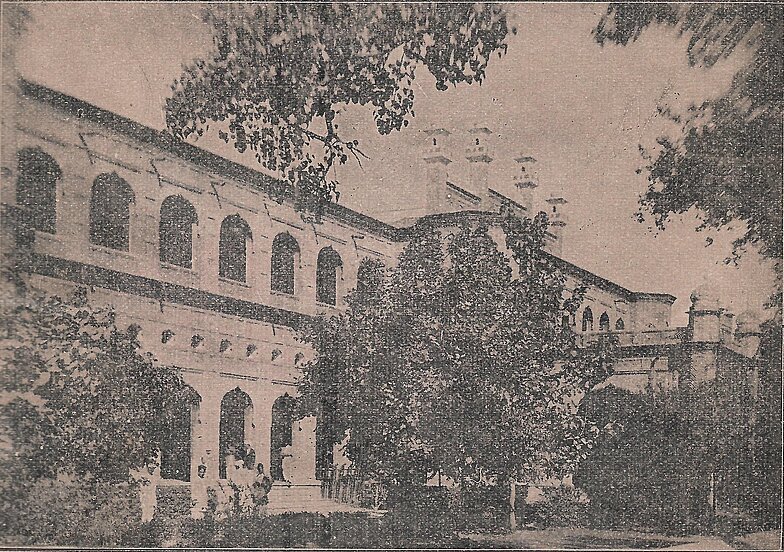Bent Over Arabic Manuscripts: South Asian Muslims, European Orientalism, and the Academic Study of Islam
The postdoc research project “Bent Over Arabic Manuscripts: South Asian Muslims, European Orientalism, and the Academic Study of Islam” focuses on systems of knowledge production and knowledge transfer with regard to Islam and the history of the Muslim world in the context of colonial and postcolonial South Asia. It engages with the work of local scholars and thinkers who were part of new educational institutions founded in the colonial period, instead of more classically-trained scholars, and analyzes their contribution to the field of Islamic Studies from the mid-nineteenth century onward. A central theme is the engagement with and reception of European-type methods of the study of Islam, especially the history of Orientalism in South Asia.
However, the project aims to demonstrate that instead of passively receiving knowledge, or merely acting as “native informants”, local academics produced new and innovative research on Islamic history, Muslim thought and religious practice. In addition to tracing the intellectual impulses which drove academic discourses about Islam, the project also investigates the broader social and cultural function of these scholars and institutions, as well as translocal scholarly networks and the flow of ideas between South Asia, Europe and the Near East. By doing so, it attempts to shed light on the history of religious ideas, modern Islamic thought, changing conceptions of history, contestations over religious authority, and the impact of political ideologies on academic scholarship in an increasingly globalizing world.
